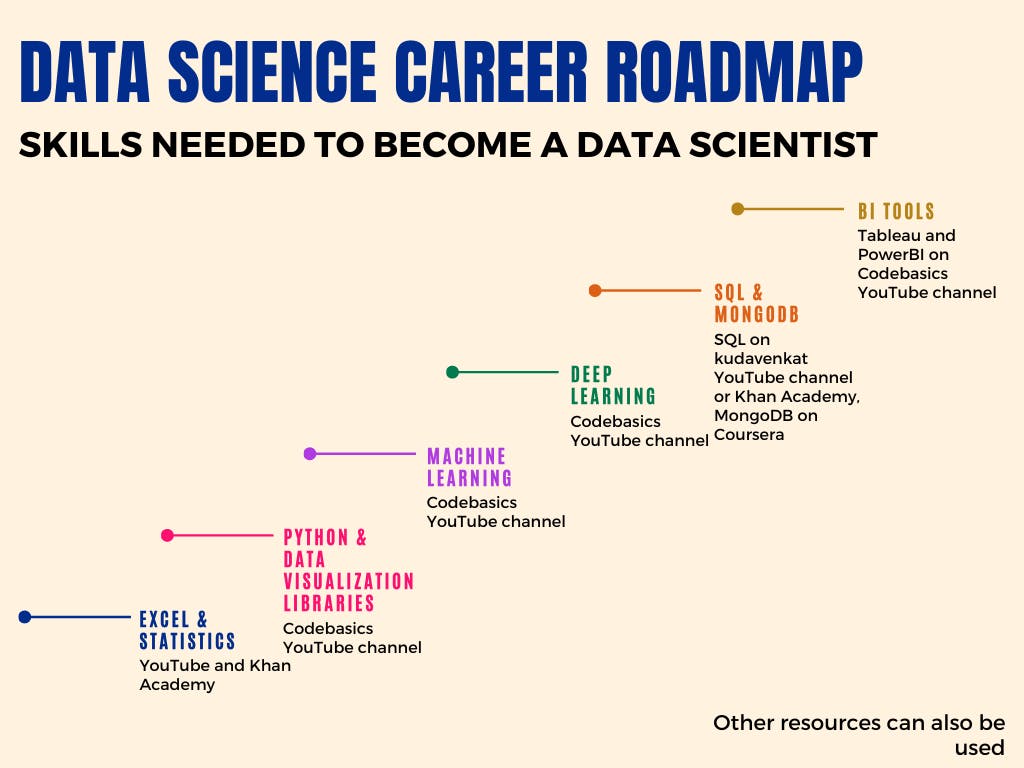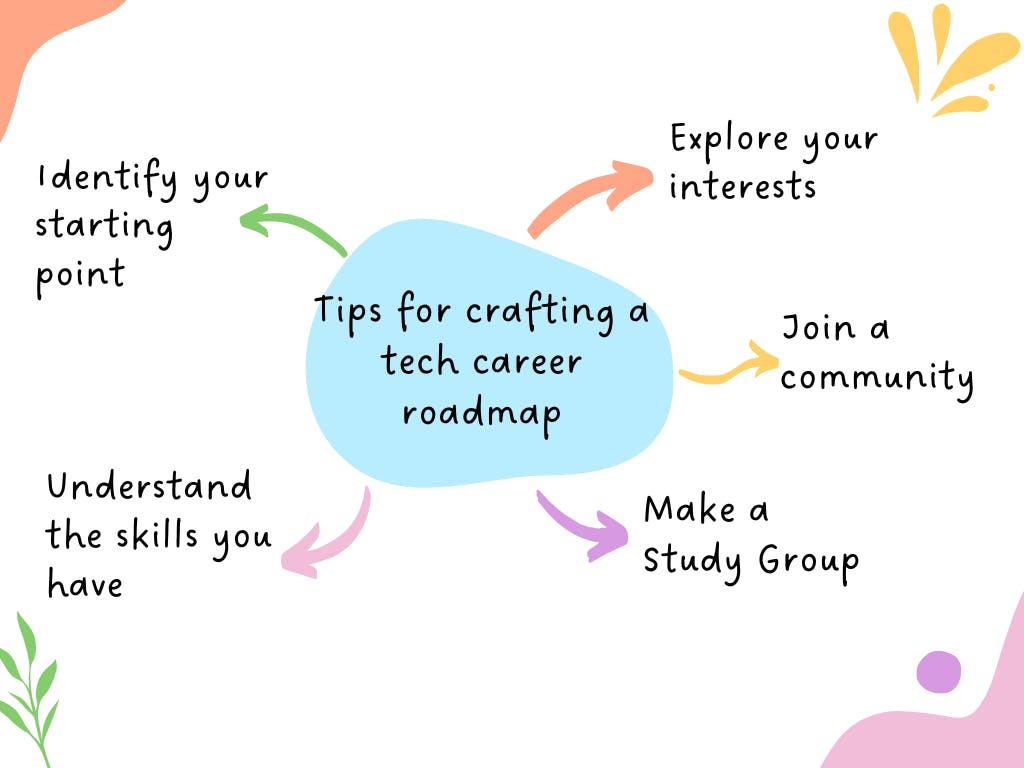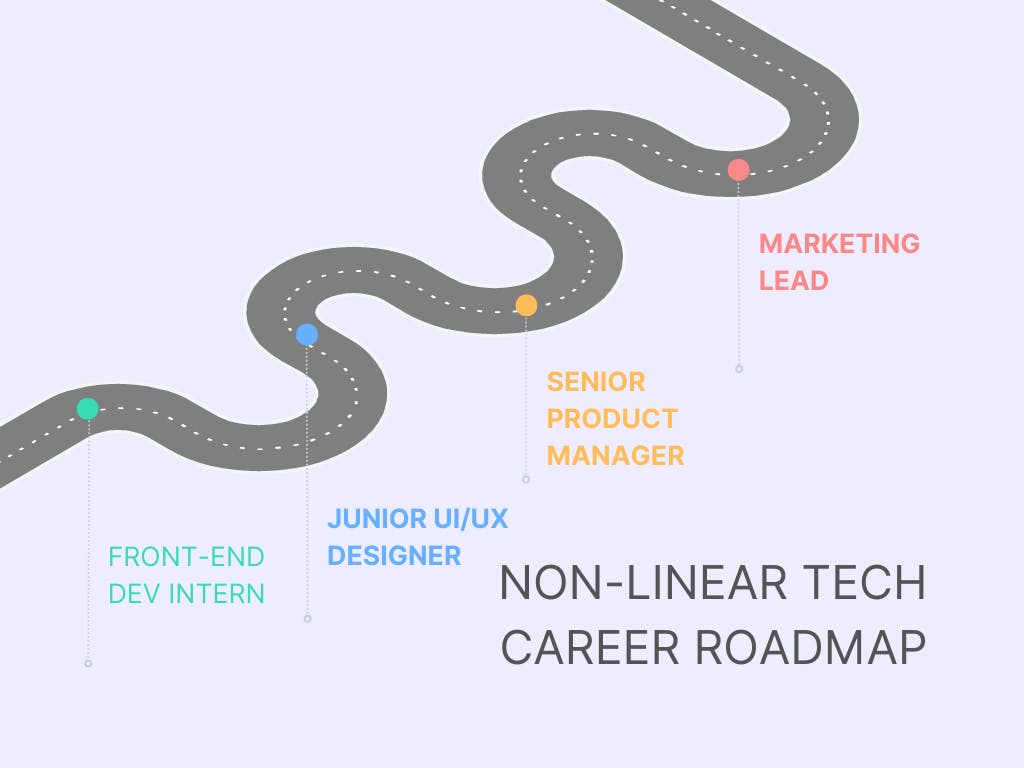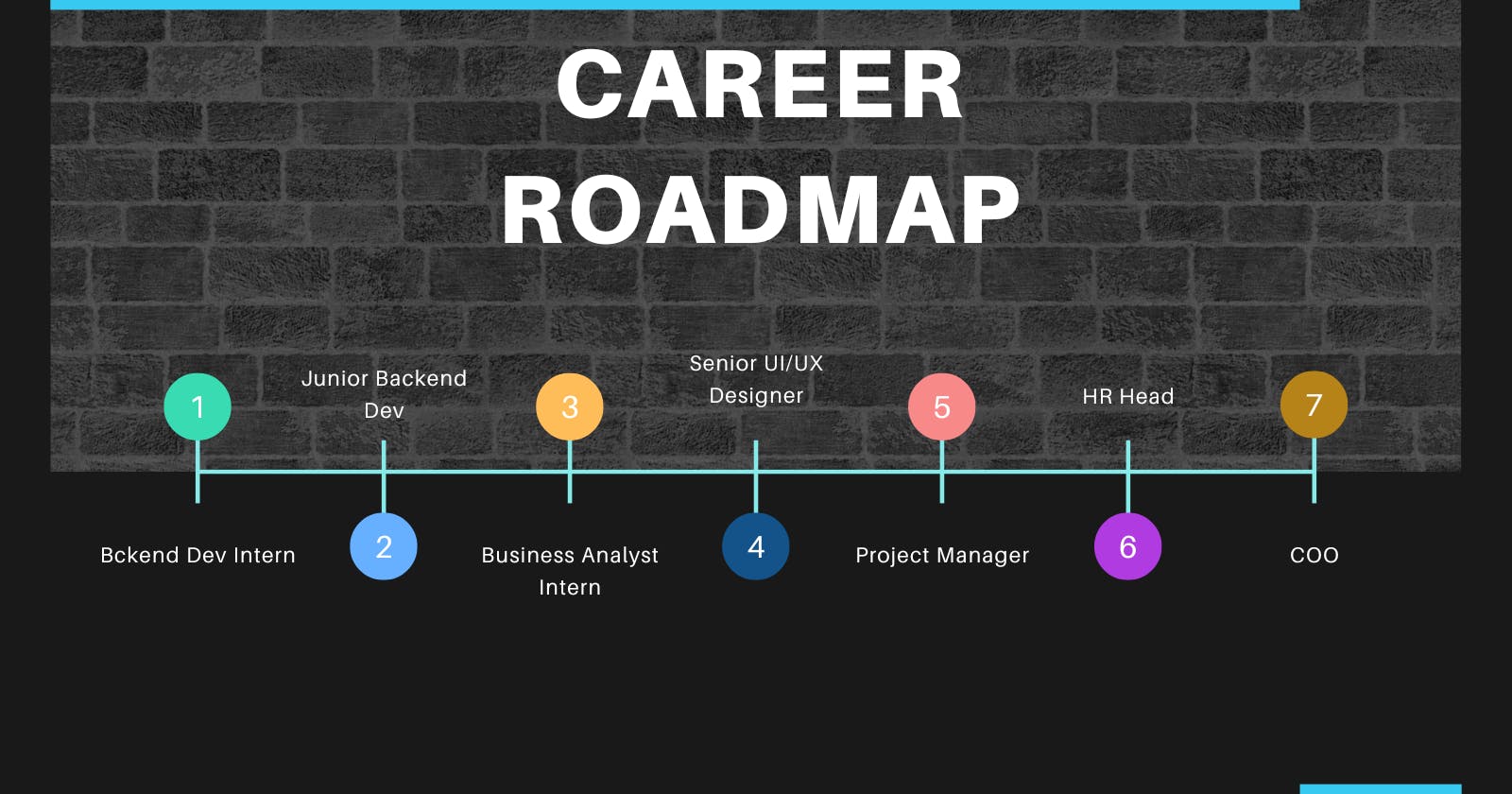I decided to become a Data Scientist recently. What prompted this was the fact that my school is currently on strike, and I've had an interest in Data Science for the longest time. I remember watching tons of youtube videos on how to start and the required skills to learn, but those overwhelmed me. Different people gave varying stories about how they began their careers in Data Science and the skills they learned, but I was confused.
My saving grace was finding a roadmap. It consisted of all the necessary skills needed to pursue a career in Data Science and a recommended order of learning them. It gave me a sense of direction and clarity. This helped me boost my productivity and tune out all the noise. It also helped that I could see everything I needed at a glance.

This article is directed toward giving you an idea of how to craft your career roadmap and help to tune out the noise as I did.
What Is A Career Roadmap?
A roadmap is a plan of action to obtain a desired goal including major events or milestones needed to achieve it. Hence, a career roadmap is a plan of your desired career path and the necessary steps taken to achieve them.
How To Craft A Tech Career Roadmap
These are some tips to take note of to help with crafting an ideal roadmap.

Choose between technical and non-technical roles. Technical roles (for example, Software Development) are roles that require technical skills like programming. Non-technical roles (for example, Technical writing) do not require those skills.
It is okay to not have everything figured out. Take your time and find what works best for you.
Understand the skills you have and the skills you want to pick up. This will help you know the steps to take to achieve a certain goal.
Explore your interest. You don't have to stick to a role because you have already started down that path. Explore other options and stick with the ones you love.
Identify your transferrable skills. These are skills that can be employed in a role different from the one you're currently in.
There's no right or wrong roadmap. There is no one-size-fits-all roadmap or formula for writing roadmaps. Your interests and goals might change and that's okay.
Build on your new knowledge and apply for internship roles or freelance gigs. This helps you understand the requirements for a certain position and helps prospective employers see your efforts and determination towards going down that path.
Take online courses. These give you the skills needed for a role and help to spice up your resume or CV.
Why To Craft A Roadmap
Creating a career roadmap has lots of benefits, a few of which are highlighted below:
- It helps to give a sense of direction as you take your career journey.
- It helps you understand skills to learn for certain roles you'd like to fill.
- It helps you see your goals and plans at a glance.
What A Career Roadmap Might Look Like
Here, we cover some examples of career roadmaps and the different types.
- Linear Roadmaps: These are roadmaps that highlight roles or milestones in a particular industry.

In this roadmap, the roles are fixed around the Data Analysis industry starting from being an intern and climbing up the chain to becoming a Lead Data Analyst.
- Non-Linear Roadmaps: These kinds of roadmaps aren't centred around one industry.

Here, you start as a Front-End developer Intern and then switch to other roles outside your industry as you advance. Taking classes to learn these skills as your interests change helps you understand what the role entails, equip you with the necessary skills and prepare you for the role.
These roadmaps have been designed taking into account the current skillset of the individual, transferrable skills, other interests and the determination to pursue those roles.

